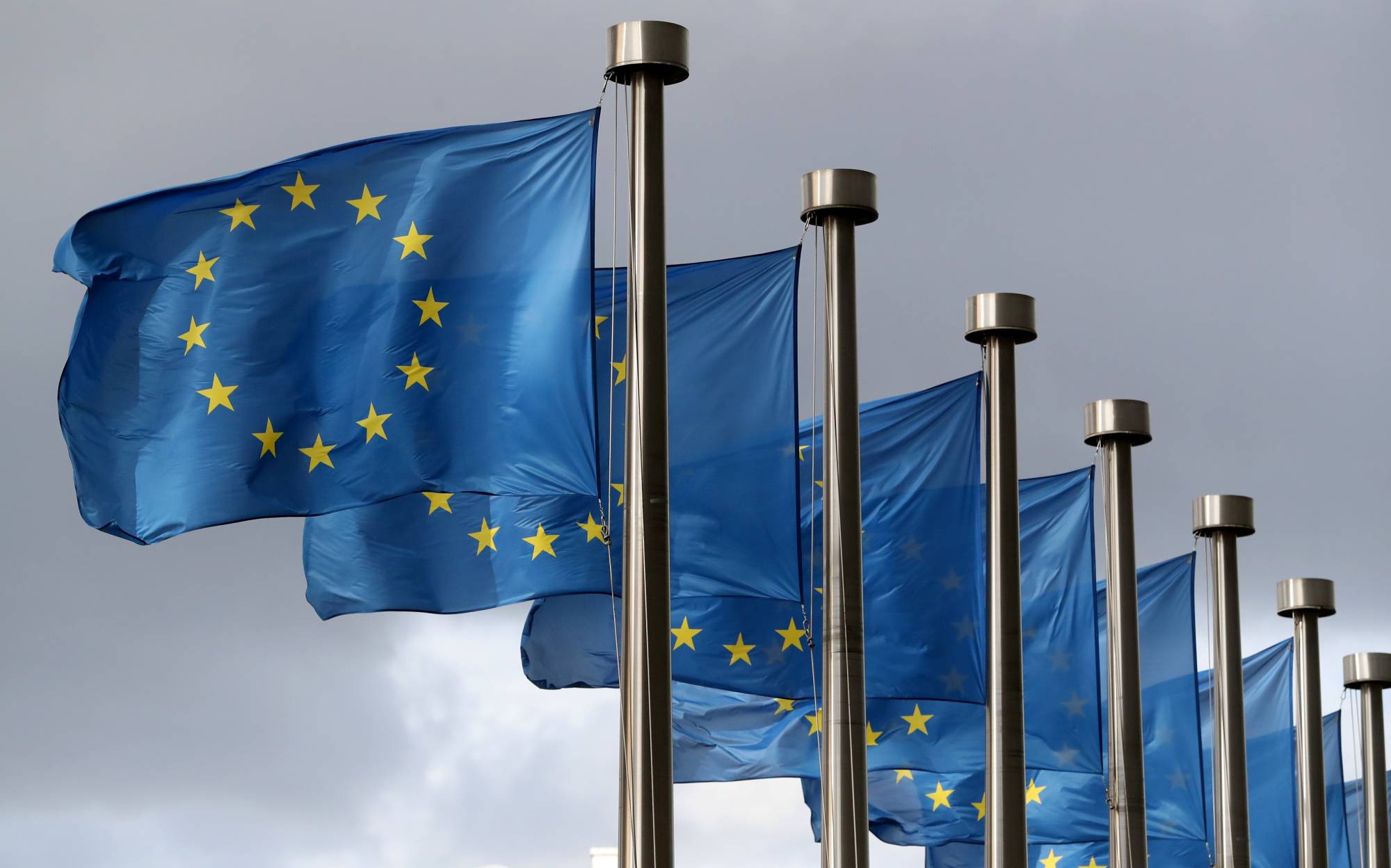The Ukraine crisis shows that the European Union has a problem with power.
While its hard-power deficit has recently moved to the center of attention, its philosophical and political shortcomings are an even bigger concern. After all, given Germany’s Zeitenwende (foreign-policy “turning point”), Finland and Sweden’s debates over NATO membership and the size of European rearmament spending pledges, Europe likely will have more military resources than anyone other than the United States before too long. But even then, it will have a soft-power problem.
Europe is home to two identity-building projects, both of which are deeply alienating to the rest of the world. Each was represented in the second round of the French presidential election, where the incumbent, Emmanuel Macron, defeated the far-right nationalist Marine Le Pen to secure a second term.

















With your current subscription plan you can comment on stories. However, before writing your first comment, please create a display name in the Profile section of your subscriber account page.